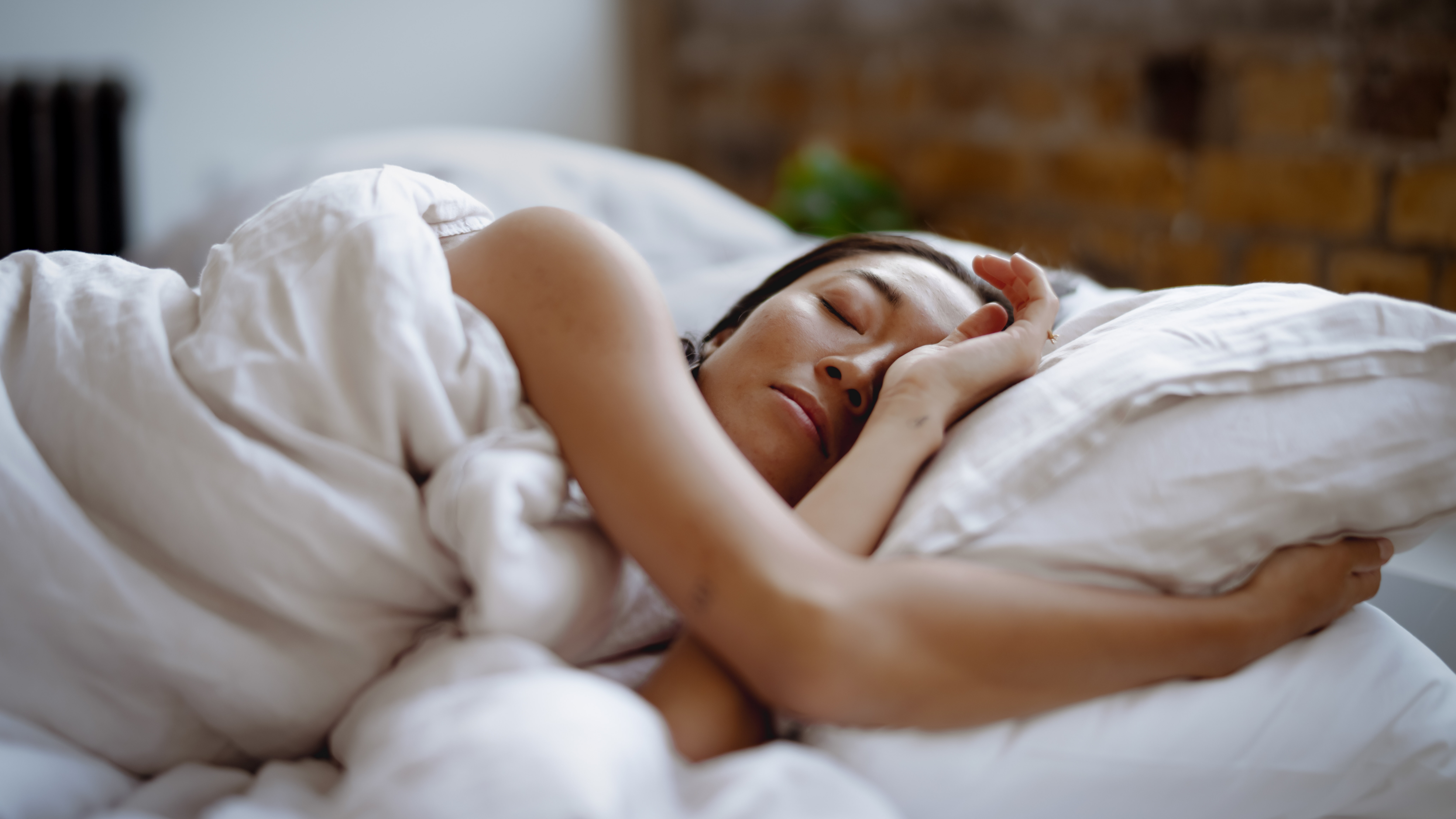

As we move into autumn, and face darker evenings and colder days, many of us will find our mental wellbeing can take a bit of a knock. While the importance of things like getting enough sleep and exercising to keep mentally healthy are well documented, Swedish brain researcher and medical doctor Katarina Gospic says there's another element that is often overlooked. She says that to improve mental wellbeing, it's important to regularly challenge your brain. We got in touch to find out exactly how that works.
"Challenging your brain in terms of doing new things keeps the brain agile," says Katarina. "When we challenge the brain by learning new things, new connections are created between the brain cells that give us increased capacity. By activating the brain, we increase the conditions for the brain to feel good." She suggests thinking of your brain as a muscle that you need to exercise, just as you would in the gym with other muscles.
Before you crack out War and Peace or enroll on a course in nuclear physics, you might be pleased to hear that there's another option. There are plenty of tiny things you can do, day to day, to give your brain a mini workout without feeling overwhelming. Things like not immediately turning to Google when you don't know the answer to something, taking a new route to work, going somewhere new for lunch or even just opening up a conversation with someone you don't usually speak to – all these things can help open your mind up a bit.
- Browse the best weighted blankets, designed to ease anxiety
- Regulate your sleep-wake cycle with one of the best wake-up lights
As well as helping open your mind up a bit, this approach can help you manage bigger challenges, when they do come along, too. "It is good to expose yourself to the small uncertainties of everyday life," explains Katarina. "It keeps you on your toes and you learn to adapt on the fly. You become less anxious when you learn how to handle not being in control all the time."
Beyond embracing challenges, Katarina has a simple formula for a healthy mind: sleep, exercise, love and nature. Sleep and exercise are well known and understood, the latter two perhaps less commonly considered.
"Love refers to good social relationships," explains Katarina. "We do not even need lots of friends, just a few really good ones are enough." According to Katarina, this element is so vital that when it comes to mental wellbeing, maintaining good social relationships might even compensate for a 'bad' lifestyle in other ways.
So what about nature? "Nature is a true benefactor," says Katarina. "Did you know that plants release substances that can boost our immune system? Just by living close to nature you decrease the risk of the most common lifestyle diseases. That's magical."
Sign up to the T3 newsletter for smarter living straight to your inbox
Get all the latest news, reviews, deals and buying guides on gorgeous tech, home and active products from the T3 experts
Ruth is a lifestyle journalist specialising in sleep and wellbeing. She has tested more mattresses than her small flat can handle and will talk at length about them to anyone who shows even a passing interest, and has had to implement a one-in-one-out pillow policy for fear of getting smothered in the night. As well as following all the industry trends and advancements in the mattress and bedding world, she regularly speaks to certified experts to delve into the science behind a great night's sleep, and offer you advice to help you get there. She's currently Sleep Editor on Tom's Guide and TechRadar, and prior to that ran the Outdoors and Wellness channels on T3 (now covered by Matt Kollat and Beth Girdler-Maslen respectively).
-
 I spent 6 weeks with the FoodMarble Aire 2: here’s what I learned about my gut health
I spent 6 weeks with the FoodMarble Aire 2: here’s what I learned about my gut healthI’ve been testing the clever breath-testing gadget with the companion app over several weeks to find out if it delivers on its promises
By Lee Bell
-
 Oil pulling is going viral on TikTok for stopping morning breath – but does it actually work?
Oil pulling is going viral on TikTok for stopping morning breath – but does it actually work?4 hacks that prevent morning breath, according to a sleep expert
By Bethan Girdler-Maslen
-
 These limited edition McLaren x Loop earplugs are what you need for Formula 1 season
These limited edition McLaren x Loop earplugs are what you need for Formula 1 seasonMcLaren teams up with Loop on limited edition noise-reducing earplugs
By Bethan Girdler-Maslen
-
 5 sleep supplements that help me achieve 8+ hours of rest every night
5 sleep supplements that help me achieve 8+ hours of rest every nightIt took me years to perfect my sleep routine – here are the supplements that helped
By Lizzie Wilmot
-
 3 reasons why you wake up at 3am every night – and how to avoid it
3 reasons why you wake up at 3am every night – and how to avoid itAlways waking up in the middle of the night? This could be why…
By Bethan Girdler-Maslen
-
 This tiny device will automatically disable your distracting apps before you sleep
This tiny device will automatically disable your distracting apps before you sleepSay hello to Kip...
By Lizzie Wilmot
-
 Therabody experts give 7 tips for perfecting your sleep routine for World Sleep Day
Therabody experts give 7 tips for perfecting your sleep routine for World Sleep DayFrom breathing exercises to sleep masks, here’s how to prioritise sleep, according to experts
By Bethan Girdler-Maslen
-
 Loop Dream review: super soft earplugs to help you snooze soundly, even if you’re a side sleeper
Loop Dream review: super soft earplugs to help you snooze soundly, even if you’re a side sleeperSquishy silicone and uniquely shaped ear tips take Loop’s nighttime earplugs to dreamy heights
By Joanna Ebsworth

